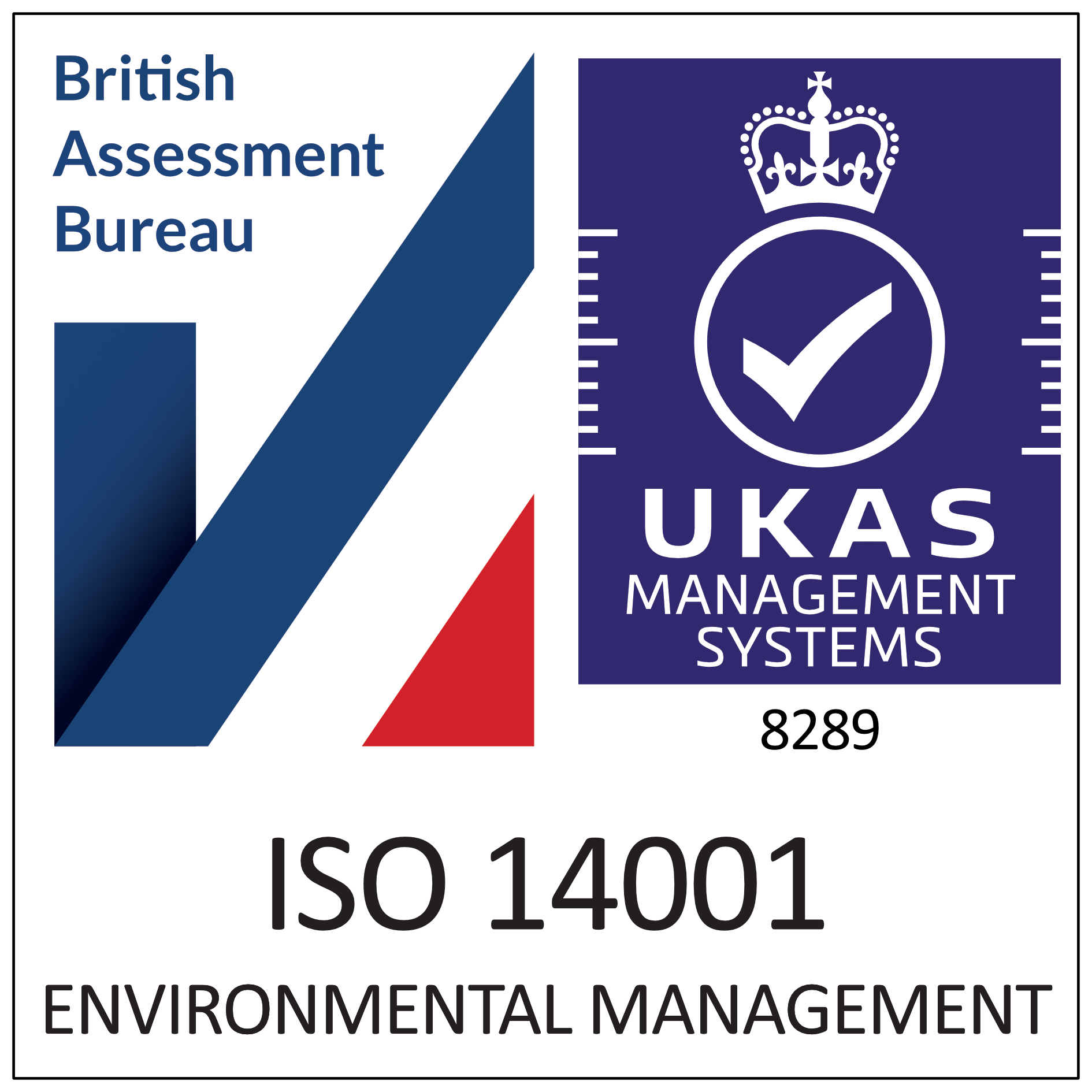
Welcome Wednesdays
Drop in on any Wednesday and see what Abingdon & Witney College has for you!

Drop in on any Wednesday and see what Abingdon & Witney College has for you!
Search our website for news, courses, and general information
Course code: XMZN301P
Subject area: Horticulture
Study level: Apprenticeship
Course level: 2
Course time:
09:00 - 17:00
Days of week:
Various
Course date:
Flexible Start - 31st Jul 2025
Course location:
Off SiteDuration:
• 15 months practical training period, plus 3 months for End Point Assessment
Delivery model:
•Work-based training with your employer
•Approximately 12on-site assessment visits per year
•14 days college attendance to complete Horticulture Principles and Practice course
•1day college attendance to complete Level 3 Award in Emergency First Aid course
•2 days college attendance to complete Level 2 PA1 Pesticides course(theory)
•2dayscollege attendance to complete L2 PA6 Pesticides course (practical)
•Level 1Functional Skills in Maths and English (7 days at college for each, if required)
•Off the job training will count for at least 6 hours a week of an apprentice’s time at work
Qualifications included:
•Level 1 Functional Skills in English and Maths
•Level 3 Award in Emergency First Aid
•Level 2 Principles of Safe Handling and Application of Pesticides
•Level 2 Award In The Safe Application of Pesticides Using Pedestrian Hand Held Equipment
•Level 2 Horticulture Operative Apprenticeship
End Point Assessment:
• Knowledge test
• Practical assessment
• Professional discussion
• Industry understanding; the importance and benefits of green-space and the types of horticultural skills appropriate to different businesses and cultural sites.
• Business; business policies, vision and values. Workers’ contribution to earning profit and awareness of commercial pressure. Understanding of how project management informs a team to achieve objectives.
• Communication; the importance of clear communication. Knowledge of different forms of communication aids and their use. The value of effective and timely communication in customer care.
• Health and safety; health and safety regulation, legislation, policy and procedure and the responsibility of workers. Knowledge of hazards and working to strict health, safety, quality and environmental (HSQE) processes particularly appropriate to horticultural sites.
• Environmental; waste and waste reduction and recycling and environmental best practice. Prevention and control of local pollution incidents.
• Plant growth and development; plant nutrition and plant requirements. The principles of germination, photosynthesis, respiration and transpiration (the science of plant growth). How to care for plants correctly in different environments. The relationship between environmental conditions and plant growth.
• Tools, equipment and machinery; correct tools, equipment and machinery required for the job and the importance of maintenance and regular checks of these items to ensure they remain in good working order. Legal requirement of training by a competent person and familiarity with operator training and certification requirements.
•Level 1 Functional Skills in English and Maths
•Level 3 Award in Emergency First Aid
•Level 2 Principles of Safe Handling and Application of Pesticides
•Level 2 Award In The Safe Application of Pesticides Using Pedestrian Hand Held Equipment
•Level 2 Horticulture Operative Apprenticeship
• Communication; communicate with others, including clients, the public and colleagues, this may require basic IT systems use.
• Team working; work alone and as part of a team effectively and recognise how all staff are dependent on each other to meet business objectives.
• Health and safety; apply relevant health and safety processes and procedures. Implement specific industry information on hazards relevant to horticultural environments. Follow safe systems of work and safety information provided by employer. Implement environmental protection policies and procedures.
• Environmental; prevent and control local pollution incidents e.g. use of spill kits.
• Planting, plant growth and development; care for plants correctly in different environments, including basic irrigation methods, planting methods and identifying plant deficiencies. Install various soft-landscape materials e.g. shrubs, trees, herbaceous, bedding, grass areas and seed. This will include site preparation, planting, sowing, turfing, preparation of seed beds and mulching.
What behaviours will apprentices develop?
• Health and safety; have a safety-led mind-set for self, colleagues and the public.
• Customer care; show dignity, respect and empathy when dealing with others, including clients, the public and colleagues.
• Learn: learn behaviours, skills and knowledge effectively from craftspeople and managers.
• Attitude; have a positive and motivated attitude towards work, including having pride in one’s work.
• Decision making; adopt a pragmatic timely approach by identifying appropriate solutions to practical problems.








